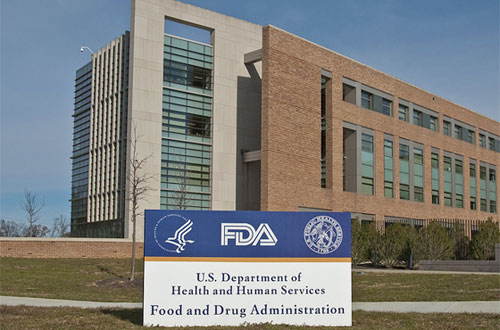
The US Food and Drug Administration (FDA) has approved Seagen’s Adcetris (brentuximab vedotin) for the treatment of paediatric patients aged two years and older with previously untreated high risk classical Hodgkin lymphoma (cHL), in combination with doxorubicin, vincristine, etoposide, prednisone, and cyclophosphamide (AVE-PC).
The FDA’s decision was based on positive results from the phase 3 AHOD1331 study in which patients receiving the combination treatment achieved superior event-free survival compared to patients who received standard of care chemotherapy alone.
AHOD1331 is, as the company reports, the largest multicentre, randomised, open-label phase 3 immunotherapy study ever conducted with newly diagnosed high risk Hodgkin lymphoma (HL) paediatric patients.
The study enrolled 587 patients aged from two to 21 years across 151 institutions who had previously untreated Hodgkin lymphoma (HL) classified as high risk.
Seagen reported that the study demonstrated a 59% reduction in the risk of disease progression or relapse, second cancer or death versus standard of care.
HL is a type of blood cancer that starts when lymphocytes, a type of white blood cell, grow out of control, causing swollen lymph nodes and growths throughout the body.
It represents about 6% of all childhood cancers and is the most common cancer diagnosed in adolescents ages 15 to 19 years, with about one-third of all HL patients classified as high risk.
Patients with cHL have abnormal white blood cells that usually have a special protein on their surfaces called CD30, a key marker of cHL.
Adcetris, which is being jointly developed by Seagen and Takeda, is an antibody-drug conjugate (ADC) comprising an anti-CD30 monoclonal antibody attached by a protease-cleavable linker to a microtubule disrupting agent, monomethyl auristatin E (MMAE). The ADC employs a linker system that is designed to be stable in the bloodstream but to release MMAE upon internalisation into CD30-expressing cells.
“We are excited about the approval of Adcentris for children and adolescents with high risk cHL because this medicine, which has become part of standard of care for adults with previously untreated advanced stage HL, will now be accessible to young patients as well,” said Sharon Castellino, professor, department of pediatrics, Emory University School of Medicine, AHOD1331 study chair and Children’s Oncology Group Hodgkin Lymphoma Disease Committee chair.




